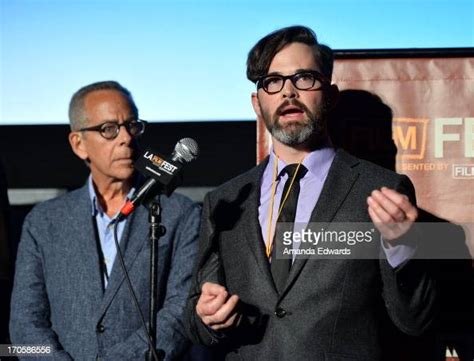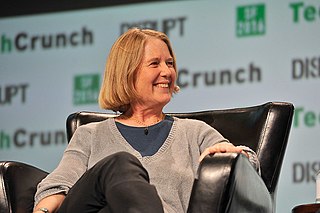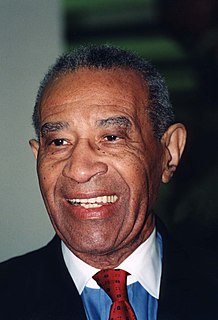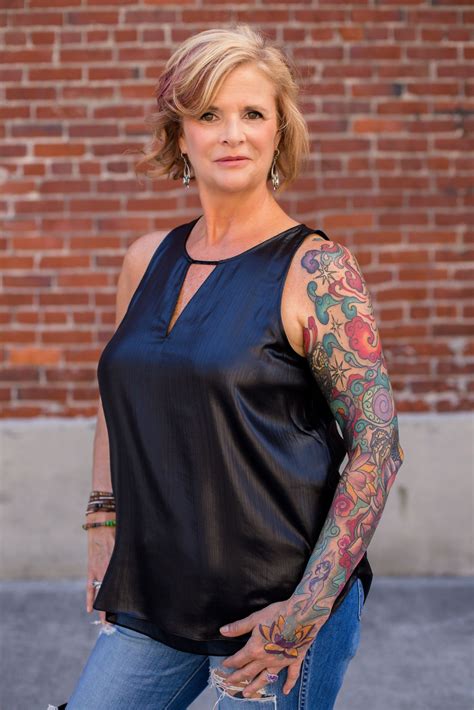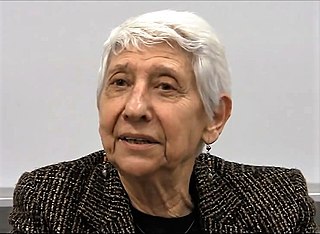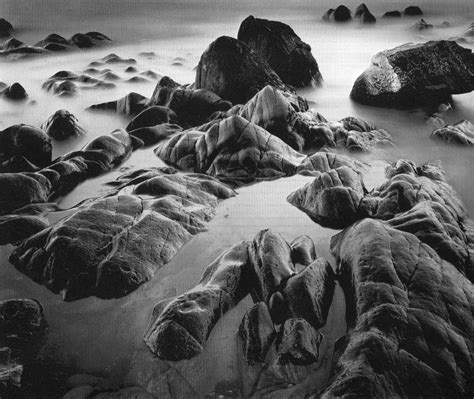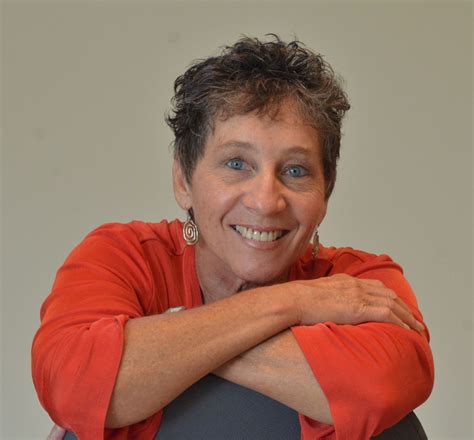A Quote by David Ansen
We define ourselves, in part, by the discriminations we make. The value of what we love is enriched by our understanding of what we dislike.
Related Quotes
But how can we love someone if we don't like him? Easy-we do it to ourselves all the time. We don't always have tender, comfortable feelings about ourselves; sometimes we feel foolish, stupid, asinine, or wicked. But we always love ourselves: we always seek our own good. Indeed, we feel dislike toward ourselves, we berate ourselves, precisely because we love ourselves; because we care about our good, we are impatient with our bad.
The question of what we are can only be answered by ourselves. We each decide what we are by the life choices we make. How we were made, who are parents are, where we are from, the color of our skin, who we choose to love, all those things do not define us. Our actions define us, and will keep defining us until even after death.
When we're born on this planet, we're taught to believe that what we see is real. But as we grow in understanding, we recognize first that we've been hypnotized by that reaching, and second that it's within our power to de-hypnotize ourselves. And as we do that, the illusion appears to change, to come in harmony with what we most value. If we most value love, we will begin to see more and more love and joy and adventure-creative expressions of life shimmering everywhere around us.
Normally we divide the external world into that which we consider to be good or valuable, bad or worthless, or neither. Most of the time these discriminations are incorrect or have little meaning. For example, our habitual way of categorizing people as friends, enemies, and strangers depending on how they make us feel is both incorrect and a great obstacle to developing impartial love for all living beings. Rather than holding so tightly to our discriminations of the external world, it would be much more beneficial if we learned to discriminate between valuable and worthless states of mind.
Life is full of physical infirmities that some might see as discriminations - total paralysis or serious mental impairment being two that are relevant to marriage. If we believe in God and believe in His mercy and His justice, it won't do to say that these are discriminations because God wouldn't discriminate. We are in no condition to judge what discrimination is. We rest on our faith in God and our utmost assurance of His mercy and His love for all of His children.
Faith in the gospel restructures our motivations, our self-understanding, our identity, and our view of the world. Behavioral compliance to rules without heart-change will be superficial and fleeting… We can only change permanently as we take the gospel more deeply into our understanding and into our hearts. We must feed on the gospel, as it were, digesting it and making it part of ourselves. That is how we grow.
To make images is a way of ordering one's world, of exploring and understanding one's relationship to existence. ... The images we make are often ahead of our understanding, but to say "yes" to a subject is also to have recognized, however dimly, a part of oneself; to live with that image, to accept its significance is perhaps to grow in understanding.
How do we define, how do we describe, how do we explain and/or understand ourselves? What sort of creatures do we take ourselves to be? What are we? Who are we? Why are we? How do we come to be what or who we are or take ourselves to be? How do we give an account of ourselves? How do we account for ourselves, our actions, interactions, transactions (praxis), our biologic processes? Our specific human existence?
Each one of us needs time and space for recollection, meditation and calmness.... Thanks be to God that this is so! In fact, this need tells us that we are not made for work alone, but also to think, to reflect or even simply to follow with our minds and our hearts a tale, a story in which to immerse ourselves, in a certain sense to lose ourselves to find ourselves subsequently enriched.
